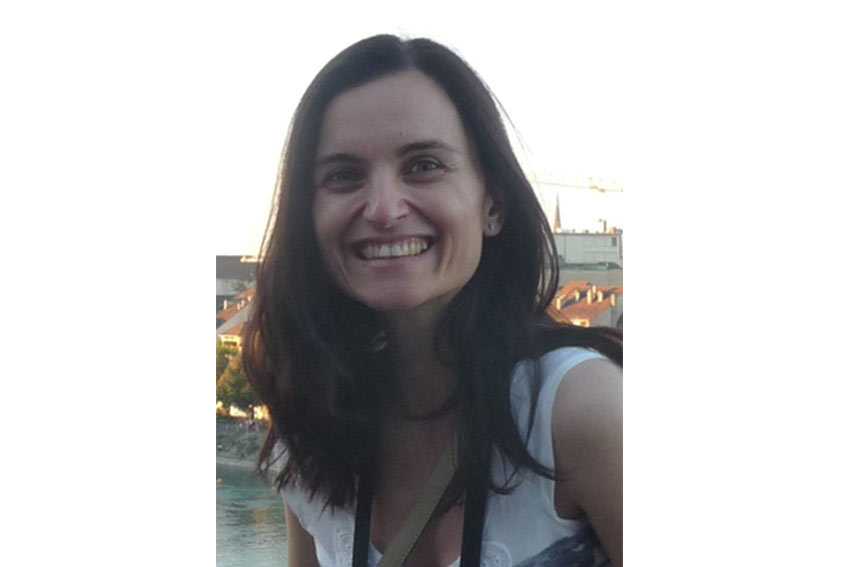Meet the team: CSDA Research Fellow Katerina Taškova

CSDA Research fellow and data scientist Katerina Taskova is most interested in doing research that directly affects reality.
At CSDA Katerina has been taking a lead role on child welfare data research projects based in Allegheny County (PA, United States) and Chile.
Working with data about real lives, as opposed to the data about cells and molecules that dominated her work at the Computational Biology and Data Mining Group at the Johannes Gutenberg University, has been a bigger adjustment than Katerina expected.
Site visits, family case studies and in-depth engagement with agency staff have all helped to drive home the fact that the thousands of lines of data in front of her represent the lives and unique stories of human beings.
“I probably underestimated how different it would feel to work with data about people, but quickly realised that if I want to do research that makes an impact that comes with a big duty of care. We have a responsibility to the people this data is about, and the communities most affected by the work we do.”
“In building predictive analytics tools, we and the agencies have many decisions to make, from the selection of variables, to the outcomes we are predicting and methodology and implementation choices. Along the way we need to hold ourselves to high ethical standards and debate all our decisions and judgements while considering the interests of the people who are most affected.”
In the future Katerina would like to lead her own real-world relevant research within academia and/or industry. And after a year at CSDA she has a better sense of what is involved in ‘real world’ work: “Compared to pure academic work, the experience is far more dynamic - priorities change quickly, you have to think faster and be ready to step out of your comfort zone. Most research in academia stops at the proof-of-concept or prototype level, and if it gets the chance to be translated into practice it is done externally (usually via the industry). It then becomes problem for somebody else to implement it correctly. In this respect, the work at CSDA has given me hands-on experience on both building and translating (with all its challenges) prototype research solutions into practice.”